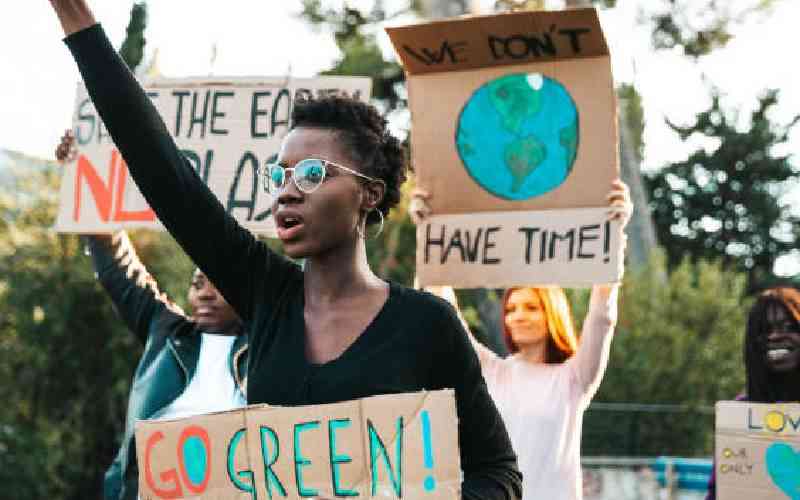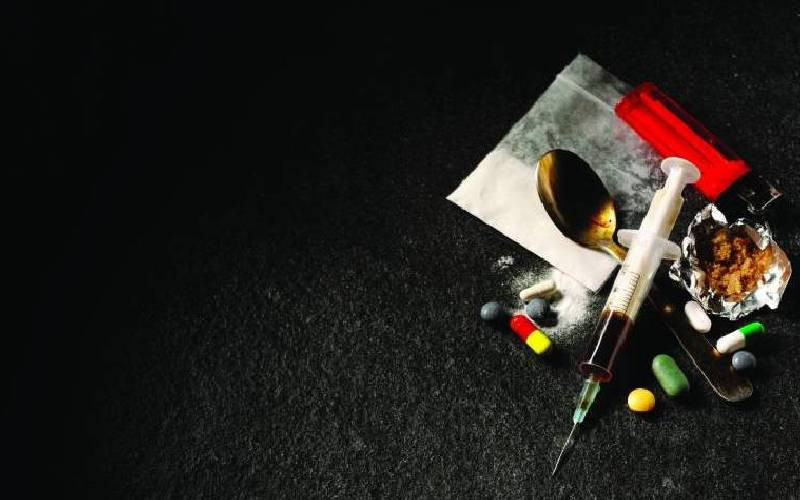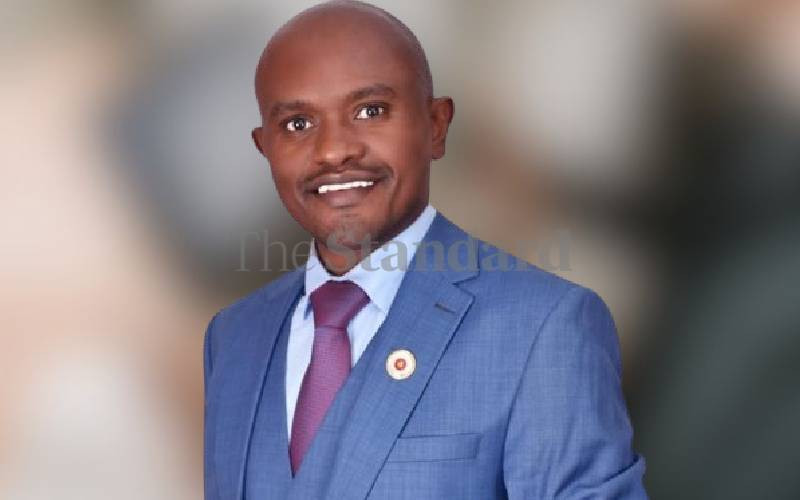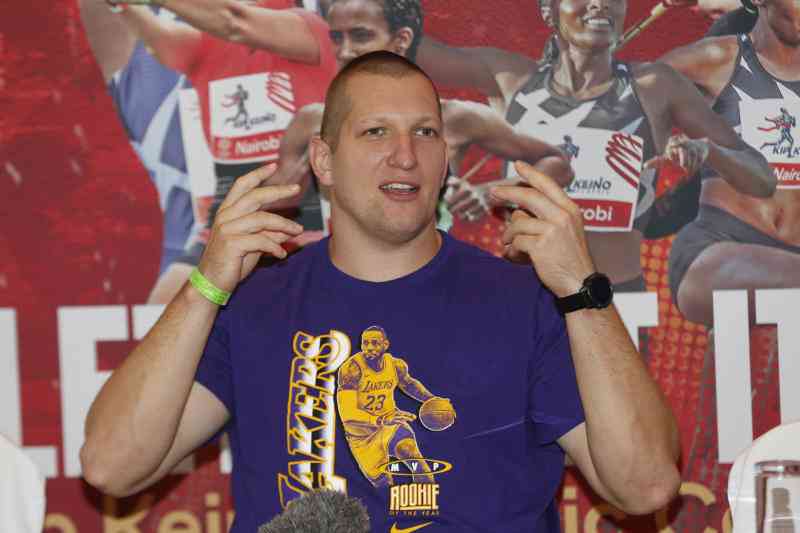By ALPHONCE SHIUNDU
Nigeria’s President Goodluck Jonathan came to Kenya’s Parliament, spoke about terrorism, arms smuggling, and the International Criminal Court, but failed to mention the global menace of narcotics that saw Kenya deport three Nigerians.
The deportation of the Nigerians in June, because of what police said were “drug-related charges” led to a diplomatic crisis in which a plane with Kenyan police officers and immigration officials was detained in Nigeria for unexplained reasons.
When he met the country’s politicians, the expectation would have been that Jonathan would at least have tried to mollify the country’s politicians, but, well, he might not have wanted to rekindle the memories of the incident that happened within the past five months.
In the historic address to senators, members of the national assembly at parliament buildings in Nairobi, Jonathan was busy selling Nigeria to Kenya, and spreading the Pan-Africanist, “African renaissance”, anti-imperialist message. He spoke about business, trade and the idea of having a knowledge economy. He even amended his speech to suit the politics of the day — the pending trials against Kenya’s President, his deputy and a former journalist — when he said that Kenya was now ripe to solve its own problems.
“I believe that laws, whether local or international, treaties or conventions, or institutions set up to manage those laws, treaties and conventions, are set up to solve problems, not to add to the problems,” Jonathan said.
Jonathan also noted similarities between Kenya and Nigeria. While Kenya is dealing with terror from Somalia’s Al Shabaab group, Nigeria is struggling with the Boko Haram group.
UN reforms
The deaths in both countries are chilling, and just like Kenya, Nigeria is also worried that the militants are likely to make the problem of proliferation of small arms worse, and in the end spawn an insecurity crisis. Jonathan spoke about the Mau Mau and the handsome compensation from the British government to some of the families as a “moral victory” for the continent.
“Nobody is going to fight for us if we do not fight for ourselves. Nobody is going to show us the way to economic prosperity if we do not show ourselves the way. The economic liberation and development of Africa lies in our hands,” added Jonathan.
His view was that East Africa’s economic hub, and West-Africa’s economic hub had a greater chance of success and of “moving the continent forward. Kenya and Nigeria must work hand-in-hand to herald the new Africa that would be democratic, united, developed and industrialised.”
“An Africa that is, finally, at peace with itself and at peace with the rest of the world,” said Jonathan.
With that, Nigeria’s President went ahead and called for reforms of “the United Nations and its security council”.
“The existing international system is undemocratic and unfair. Africa’s non-representation in the councils and the chambers of international decision-making in the past was always explained in terms of our lack of sovereign independence.
This claim is no longer valid,” said Jonathan, who was accompanied by his wife Patience, ministers, senators and businessmen from Nigeria.
Stay informed. Subscribe to our newsletter
His view was that Africa and all the other regions of the world need a seat at the high-table of international politics, such as the UN, the UN Security Council, World Bank and the International Monetary Fund. That pan-African rhetoric is not just Jonathan’s style because he is in Kenya.
When he was in South Africa in May, Jonathan delivered the same message to the South African Parliament. Nigeria and South Africa have an eye on getting a seat at the high-table of international politics, given that they are the top two biggest economies in the continent, and are also politically influential in the continent.
“The commitment of all Africans should be to strengthen Africa’s place in the United Nations. It is not a matter of competition but putting Africa in the best light,” Jonathan told South Africa’s lawmakers.
Jonathan spoke while Kenya’s Deputy President William Ruto, National Assembly Speaker Justin Muturi and Senate’s Deputy Speaker Kembi Gitura listened.
There’s no doubt that if Kenya and Nigeria are to work together, the two countries are likely to benefit depending on how aggressive they are in marketing their products. Nigeria has a population of 162 million people. That huge population is a great market for Kenyans to sell their goods and products, but it also opens the door for many Nigerian businessmen to dump their goods in Kenya.
Steadfast entertainment
Kenya’s President Uhuru Kenyatta is wary about the counterfeits getting into the country and has already publicly warned the retinue of businessmen that accompanied Jonathan that Kenya will remain vigilant when dealing with “harmful and undesirable business practices …involving counterfeit goods and banned products”.
But Uhuru is a smart politician of the carrot and stick approach, because, before that warning, he had told the Nigerian businessmen plus their President that their Nollywood movie-set productions were popular in Kenya.
“The Kenyan market for Nigerian entertainment is so steadfast that it is now common to find youngsters imitating the Nigerian speaking cadences and pidgin as a fad,” said Uhuru, as he enticed the foreigners with a word that Kenyans have “warm affinities for things Nigerian”.
 The Standard Group Plc is a
multi-media organization with investments in media platforms spanning newspaper
print operations, television, radio broadcasting, digital and online services. The
Standard Group is recognized as a leading multi-media house in Kenya with a key
influence in matters of national and international interest.
The Standard Group Plc is a
multi-media organization with investments in media platforms spanning newspaper
print operations, television, radio broadcasting, digital and online services. The
Standard Group is recognized as a leading multi-media house in Kenya with a key
influence in matters of national and international interest.
 The Standard Group Plc is a
multi-media organization with investments in media platforms spanning newspaper
print operations, television, radio broadcasting, digital and online services. The
Standard Group is recognized as a leading multi-media house in Kenya with a key
influence in matters of national and international interest.
The Standard Group Plc is a
multi-media organization with investments in media platforms spanning newspaper
print operations, television, radio broadcasting, digital and online services. The
Standard Group is recognized as a leading multi-media house in Kenya with a key
influence in matters of national and international interest.









